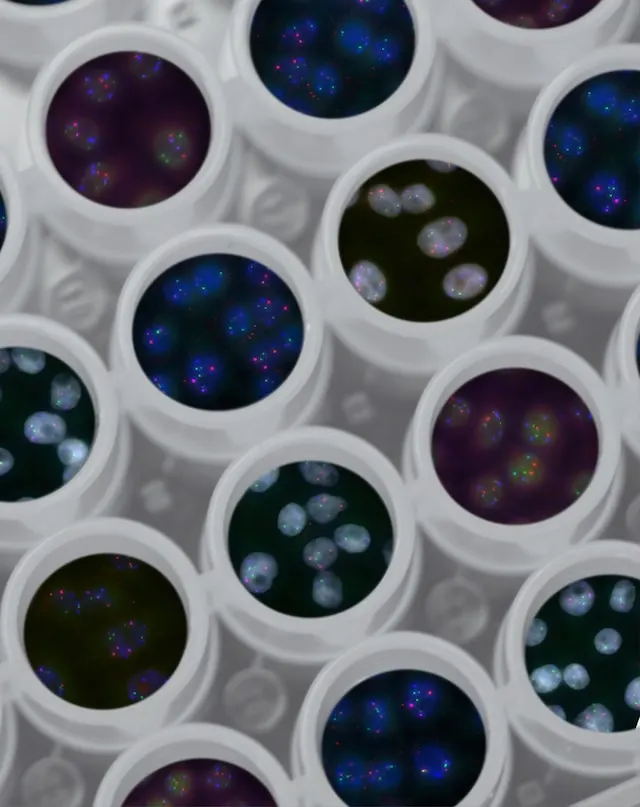
Advances in biotechnology have opened up fascinating possibilities in the field of gene editing. The ability to modify genes with precision has the potential to revolutionize medicine by curing genetic diseases and even enhancing human capabilities. Among the latest gene editing technologies, CRISPR-Cas9 stands out as a groundbreaking tool that has sparked hope and excitement within the scientific community.
CRISPR, short for “Clustered Regularly Interspaced Short Palindromic Repeats,” is a naturally occurring immune system found in bacteria. This system enables bacteria to defend themselves against viruses by cutting and disabling viral DNA. In recent years, scientists have harnessed the power of CRISPR to edit genes in a wide range of organisms, including humans.
One of the most promising aspects of CRISPR is its potential to cure genetic diseases. Many diseases, such as cystic fibrosis, sickle cell anemia, and muscular dystrophy, are caused by faulty genes. Traditional treatments for these conditions focus on managing symptoms rather than addressing the root cause. However, CRISPR offers a precise and efficient way to correct genetic mutations, potentially providing a cure for these debilitating disorders.
CRISPR’s ability to edit genes has been demonstrated in numerous studies, both in vitro and in living organisms. By designing a molecule known as guide RNA, scientists can target specific genes and guide Cas9, a molecular scissors-like enzyme, to cut the DNA at the desired location. This process triggers the cell’s natural repair mechanisms, allowing researchers to insert, delete, or modify specific gene sequences.
While the potential of gene editing to cure genetic diseases is extraordinary, it also raises ethical concerns. The ability to manipulate the human genome raises questions about the limits of intervention and the potential for unintended consequences. It is crucial to have open and transparent discussions about the ethical implications and establish guidelines to prevent misuse and unintended harm.
Beyond curing diseases, gene editing technologies like CRISPR have the potential to enhance human capabilities. This concept, often referred to as human genetic enhancement, involves modifying genes to improve physical or cognitive traits. For example, gene editing could be used to increase intelligence, improve memory, or enhance physical endurance. While these possibilities may seem like science fiction, they are becoming increasingly plausible with the rapid advancements in gene editing technology.
However, the ethical implications of human genetic enhancement are profound. Altering the genetic makeup of future generations raises concerns about fairness, access, and the potential for creating a genetically divided society. Furthermore, our understanding of the complex relationship between genes and traits is still limited, making it difficult to predict the long-term consequences of genetic modifications accurately.
Despite the ethical challenges, the potential of gene editing technologies like CRISPR cannot be ignored. The ability to cure genetic diseases and potentially enhance human capabilities offers hope for countless individuals and families affected by debilitating conditions. However, it is essential to approach these advancements with caution, ensuring that ethical considerations and regulations keep pace with scientific progress.
As we explore the possibilities and limitations of gene editing, collaboration between scientists, policymakers, and ethicists is crucial. Open discussions and multidisciplinary approaches are necessary to strike a balance between scientific advancement and ethical responsibility. By carefully navigating the ethical landscape, we can harness the potential of gene editing technologies to improve human health while upholding our shared values and principles.
Leave a Reply